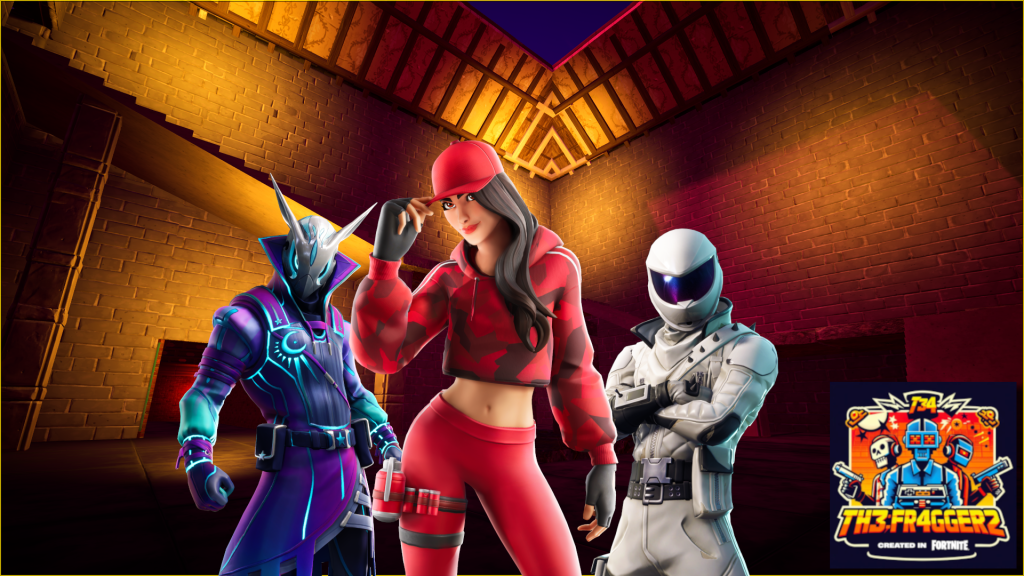I installed UEFN and tried out some Fortnite maps created by others. I was conflicted regarding how shooters have evolved these days. On one side, there are tons of mechanics and dynamics in Fortnite. On the other, the thing is getting very complicated! Too many things altogether, games back in the day were simpler.
So I decided to start a new project, codename “TH3FR4GGERZ” where for the moment I am rebuilding classic deathmatch maps for the kids to play what I played (ok, boomer).

I started from The Dark Zone from Quake, which I played tons of hours back in the days at LAN parties (ok, boomer x2). Do you remember it?
- UEFN is an incredible tool, it’s Unreal Engine but it permits you to set up rules playtest, and publish very quickly without having to worry about code and other things.
- Fortnite is a game where new and old audiences meet together. This is great as a designer because there are many things I have to understand about these new audiences that are not immediate. For instance, unlike games from my time, the Players receive EVERYTHING right from the start in the most successful experiences.
- I can revisit classics and finally have an excuse to understand all the steps that led us, the FPS players, here today. Nostalgia level: 9.999.999

- If you are a Fortnite player, please join: 4321-3870-5686
- FFA
- No build
- No stamina, run forever